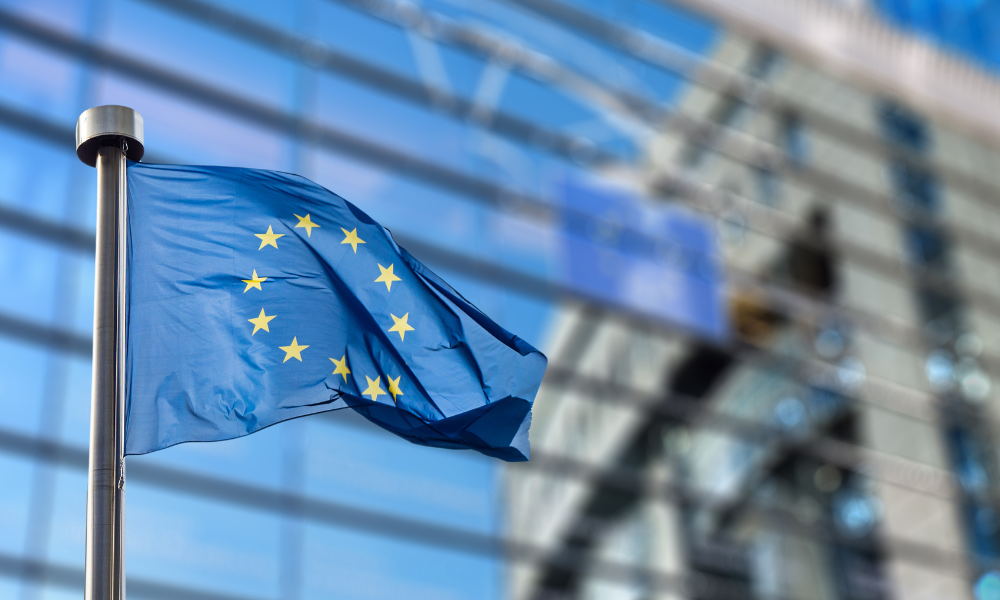- a limited role for high-quality international credits beginning in 2036
- domestic permanent removals in the European Union’s emissions trading system
- enhanced flexibilities across sectors to assist in affordably and fairly achieving targets, including by permitting a member state to compensate for the struggling land use sector by overachieving on waste and transport emission reduction
Objectives
According to the commission, the proposed 2040 climate target seeks to:
- give investors and businesses the predictability, stability, and certainty they need in the EU’s clean energy transition
- promote investment in innovation
- generate more jobs
- fortify the industrial leadership of the EU’s businesses
- improve the EU’s energy security and resilience to climate change impacts
- set a foundation for the EU’s post-2030 climate and energy legislation
- aim for a competitive European industry
- level the playing field with international partners
- achieve a fair and just transition that leaves nobody behind
The commission added that the planned change aims to help the EU become more energy-independent, lay out a flexible path toward achieving its target of cutting net GHG emissions by at least 55 percent by 2030, and reaffirm its commitment toward decarbonization.
“Today we show that we stand firmly by our commitment to decarbonise European economy by 2050,” said Ursula von der Leyen, commission president, in the press release. “The goal is clear, the journey is pragmatic and realistic.”
In its news release, the commission shared that the EU is well on its way to achieving its 2030 climate target. The commission added that its planned 2040 climate target is aligned with and based on:
- an in-depth impact assessment
- the present economic, security, and geopolitical landscape
- national specificities
- the guiding principles of cost-effectiveness, simplicity, and efficiency, as well as technological neutrality
- the EU Competitiveness Compass, Clean Industrial Deal and Affordable Energy Action Plan
- advice from the Intergovernmental Panel on Climate Change and the European Scientific Advisory Board on Climate Change
- consultations with member states, the European Parliament, stakeholders, civil society, and citizens
“As European citizens increasingly feel the impact of climate change, they expect Europe to act,” von der Leyen said in the commission’s press release. “Industry and investors look to us to set a predictable direction of travel.”
